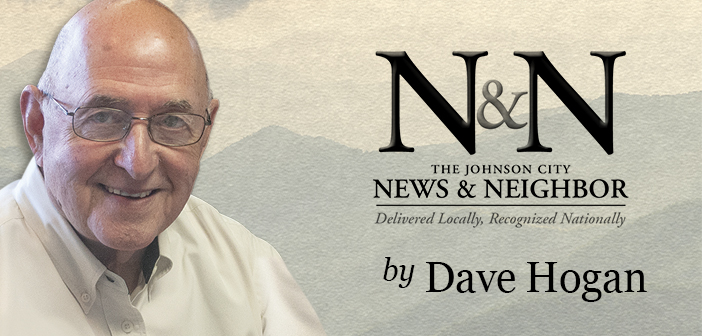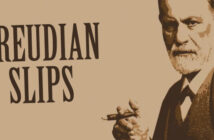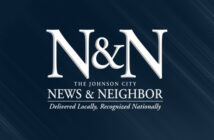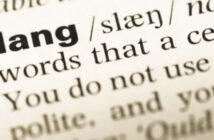“Hey, you old Smoky Mountain hillbilly. How are you?” That’s how a midwestern friend greets me when he phones.
“That dumb hillbilly. He’ll never figure it out.” That’s how a former co-worker once referenced me when he didn’t know I was listening.
Two uses of the word ‘hillbilly’: one friendly, one insulting.
That adage we’re told in childhood, “Sticks and stones may break my bones, but words can never hurt me,” simply isn’t true. Words matter. There’s even a Words Matter Movement.
It’s not only the words we use, but how we use them. ‘Hillbilly” is but one example. No one knows the exact origin of the term. It came into use sometime in the late 1800s as a description of people from mainly the Appalachian and Ozark mountains. With the passage of time and an increasingly mobile society, the word spread across the country and came to describe primarily rural and mostly poor people.
One early definition appeared in 1900 in the New York Journal newspaper: “A Hill-Billy is a free and untrammeled white citizen who lives in the hills, has no means to speak of, dresses as he can, talks as he pleases, drinks whiskey when he gets it, and fires off his revolver as the fancy takes him.” Not exactly complimentary.
One way the word entered common use was through music. In the early 1900s, the first recordings of string music were by musicians mostly from the Appalachian hills. I guess it was natural to call it hillbilly music. There was even an early string band called Billy Hill and the Hillbillies.
The hillbilly moniker was common into the 1950s. Early in Elvis Presley’s career, he was billed as the Hillbilly Cat. But as the population, including singers and musicians, became more educated and culturally aware, many began to resent the word and the stereotype it represented. Hillbilly music became Country and Western, and then simply Country, which is what the genre is called today.
Stereotypes don’t die easily, though, and television hasn’t helped, giving us shows like “The Beverly Hillbillies” and “Hee Haw” and, to a lesser extent, “The Andy Griffith Show.” In the first season of Andy Griffith, Andy talks in an exaggerated ‘hillbilly’ accent. In their memoir “The Boys,” by Ron (Opie) and Clint (Leon) Howard, Ron says Andy made a conscious effort after that first season to move away from the hillbilly image. But the show’s creators still entertained us with Ernest T. Bass, the Darlings, and, of course, Otis.
The stereotype was also prominent in the 1972 movie “Deliverance.” The movie’s soundtrack produced a huge hit titled “Dueling Banjos.” Written by Arthur Smith, he recorded it under the title “Feuding Banjos” in 1955 with Haywood County native, five-string banjo player Don Reno. The composition was used in the movie without Smith’s permission, and he sued, winning a significant settlement that included songwriting credit and royalties. Supposedly, when Smith brought suit, a Warner Brothers lawyer referred to him as “some hillbilly from North Carolina who claims he wrote ‘Dueling Banjos’.”
Because the birthplaces of country music stars, including Loretta Lynn, Dwight Yocum, Patty Loveless, Billy Ray Cyrus, Chris Stapleton, and others, line US Highway 23 in Eastern Kentucky, the highway is informally called the Hillbilly Highway. Some towns now have Hillbilly Days. Maggie Valley recently held their Hillbilly Jam fundraiser. J.D. Vance’s book “Hillbilly Elegy” was a bestseller. Country music now has a sub-genre called New Hillbilly.
So that word – hillbilly – ain’t gonna die; it’s even being embraced. That doesn’t mean it can’t still carry a sting.
We’re all guilty of sometimes speaking before we consider the possible impact of our words. But we can change that. The Words Matter Movement “involves being a practitioner of careful, thoughtful, and deliberate communication.”
So, go ahead. Call me a hillbilly. But be mindful of how you say it and the adjective you place before it.
And as my former co-worker soon learned, this hillbilly did figure it out.
After 57 years in the radio industry, Dave Hogan is enjoying his retirement in North Carolina. He’d love for you to say ‘howdy’ to him via email at davealtonhogan@gmail.com.
Read more Hello from Hogan Holler here.




